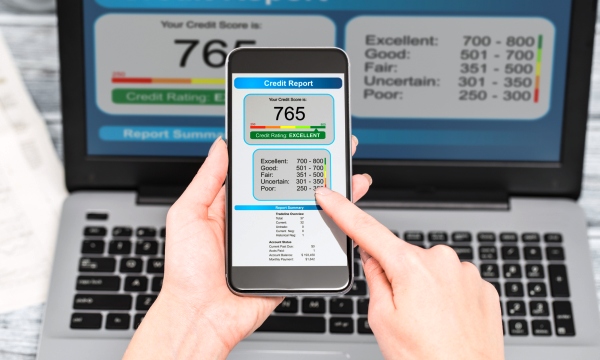What can you do to improve your score?
The Federal Trade Commission (FTC), referencing credit blues, on their Consumer Information webpage on “Credit Scores”, provides this informative recap:
Credit scoring systems are complex and vary among creditors or insurance companies and for different types of credit or insurance. If one factor changes, your score may change — but improvement generally depends on how that factor relates to others the system considers. Only the business using the system knows what might improve your score under the particular model they use to evaluate your application.
FTC Credit Report & Credit Score Information
Nevertheless, scoring models usually consider the following types of information in your credit report to help compute your credit score:
-
Have you paid your bills on time?
You can count on payment history to be a significant factor. If your credit report indicates that you have paid bills late, had an account referred to collections, or declared bankruptcy, it is likely to affect your score negatively.
-
Are you maxed out?
Many scoring systems evaluate the amount of debt you have compared to your credit limits. If the amount you owe is close to your credit limit, it’s likely to have a negative effect on your score.
-
How long have you had credit?
Generally, scoring systems consider your credit track record. An insufficient credit history may affect your score negatively, but factors like timely payments and low balances can offset that.
-
Have you applied for new credit lately?
Many scoring systems consider whether you have applied for credit recently by looking at “inquiries” on your credit report. If you have applied for too many new accounts recently, it could have a negative effect on your score. Every inquiry isn’t counted: for example, inquiries by creditors who are monitoring your account or looking at credit reports to make “prescreened” credit offers are not considered liabilities.
-
How many credit accounts do you have and what kinds of accounts are they?
Although it is generally considered a plus to have established credit accounts, too many credit card accounts may have a negative effect on your score. In addition, many scoring systems consider the type of credit accounts you have. For example, under some scoring models, loans from finance companies may have a negative effect on your credit score.
Scoring models may be based on more than the information in your credit report. When you are applying for a mortgage loan, for example, the system may consider the amount of your down payment, your total debt, and your income, among other things.
Here are the first 4 of 10 things you can do to improve your credit score.
- Pay your bills on time. If you have a history of paying your bills on time, you’ll have an easier time getting a mortgage loan, car loan, or credit cards. Even if you’ve had serious delinquencies in the past, a recent history (24 months) of on-time payments carries weight in credit decisions. Paying bills on time is easier if you use eBillPay to schedule known bill payments in advance.
- Keep credit card balances low. High outstanding debt can pull your score down.
- Check your credit report for accuracy. Inaccurate information on your credit report can be cleared up easily. Always contact the original creditor and the credit bureaus whenever you clear up an error so that the inaccurate information won’t reappear later.
- Pay down debt. Consolidating your credit card debt or spreading it over multiple cards will not improve your score in the long run. Improve your credit by slowly paying down the amount you owe us the most effective way.
These ideas won’t create a dramatic improvement in your credit score overnight, but over time, they will. Remember, it takes time to develop a strong profile. Once you’ve done it, you’ll find it easier to apply for credit and favorable interest rates.
Talk to us to find potential tips and solutions. We are only a short trip (visit one of our 7 Central Oregon branches), a quick email or a short phone call away.((541) 382-1795).
The rest of the things you can do to improve your credit score will be out soon. Watch out for it on our blog!





